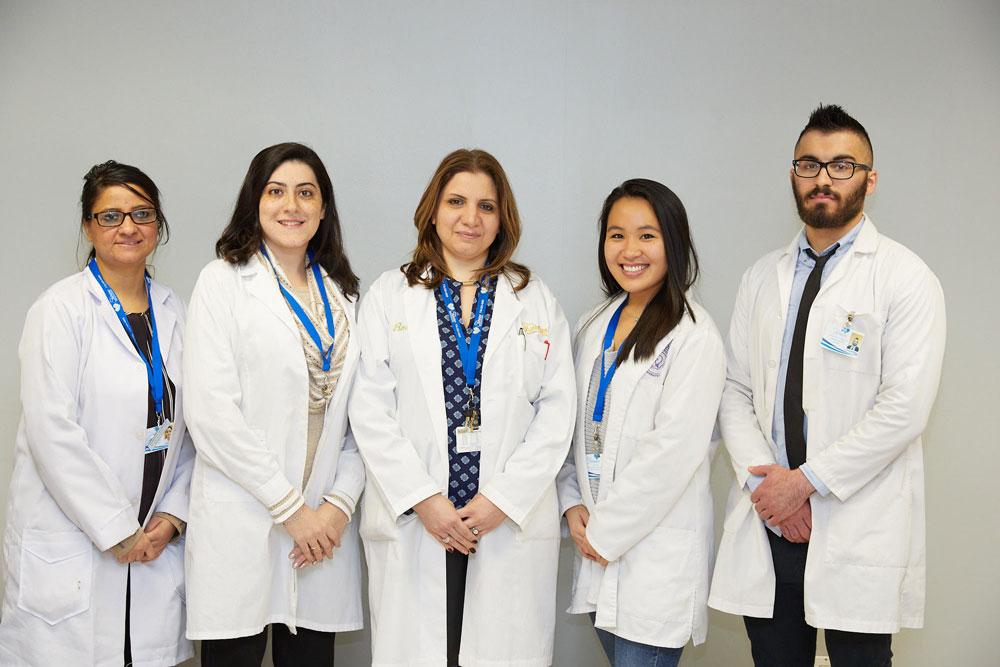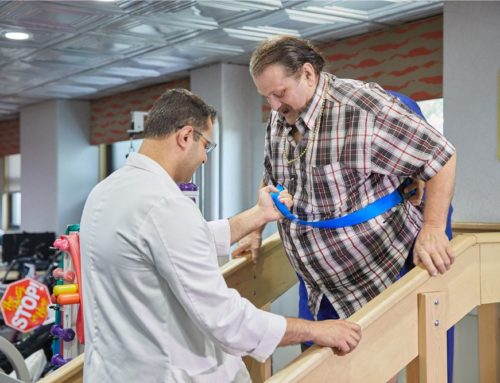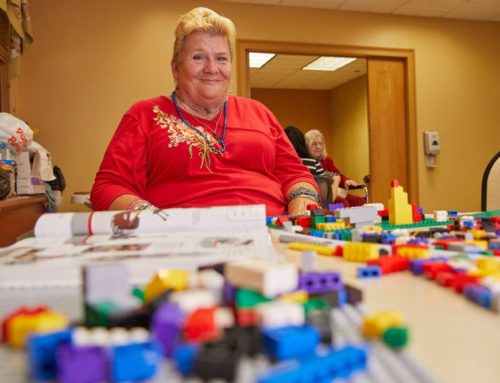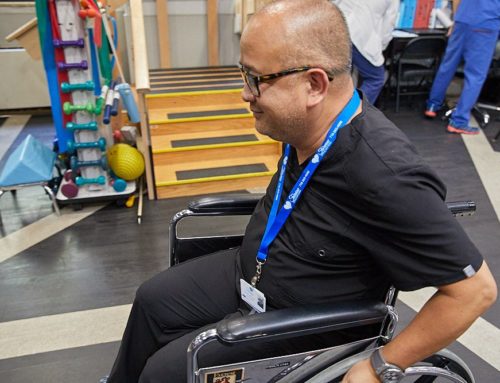How Can Dietitians Help With Nutrition Care
Time and time again the old adage “you are what you eat” proves itself to hold true. That’s why nutrition care is so important. What we put into our bodies directly impacts upon our general health and wellbeing.
Here, we take a look at nutrition care, including what it is and how registered dietitians can help.
Dietitians boost health with a good diet
Nutrition care is a plan put into place to boost patient health via a suitable diet. The process also involves screening for nutritional deficiencies and making sure these are addressed for each patient in a care facility setting.

One key part of nutrition care is making sure that food is approached in a positive manner. The environment for meals should be conducive to eating and social if possible. Likewise, the meals should be attractively presented and look appetizing.
Everyone has different nutritional needs
Because every patient or resident had different nutritional needs, meals should be tailored to fit individual requirements. Some people may be lacking essential vitamins or nutrients such as iron or vitamin D. Other people may require extra protein or fiber to make sure their bodies are functioning as well as possible.
These deficiencies can be directly addressed through a targeted approach to diet. That’s where dieticians come in.
Nutrition care or sick adults
Nutrition care for sick adults involves making sure that an individual’s body is getting all the nutrients it needs to self-heal as much as possible.
If a sick adult patient is not getting enough energy from food, their pharmacological treatment may be significantly hindered. To reverse this and supplement the prescribed treatment plan, nutrition care makes sure that each patient is getting enough energy and the right kind of foods to avoid malnutrition.
Dietitians prescribe therapeutic diets
Dieticians are registered and licensed healthcare professionals whose job it is to analyze a patient’s diet and overall health. Once a dietician has made their observations, they can design a custom diet for each individual patient based on that person’s nutritional requirements.
Diets can be therapeutic, that is, designed to remedy an illness or sickness in conjunction with other treatment methods. Often, therapeutic diets are simple modifications to regular diets. In other cases, therapeutic diets may be heavily modified to better address the needs of the sick or unwell patient.
An example of the above is nutrition care for critically ill individuals. People with a chronic or ongoing critical illness may require very specialized diets. It is the job of a dietician to design a diet that best supports these requirements.
At Fairview Rehab and Nursing Home in Queens, NY, we recognize the importance of therapeutic diets. Our experienced dieticians work with our nurses and our doctors to make sure that each patient is getting the diet they need to feel their best. Dieticians play a crucial role in nutrition care, they improve patients’ quality of life and, as a result, are a key part of overall patient health and wellbeing.
This article contains informational and educational materials and does not replace health or medical advice. For questions or concerns regarding your medical condition or health objectives, speak to a qualified physician or healthcare provider.






Leave A Comment